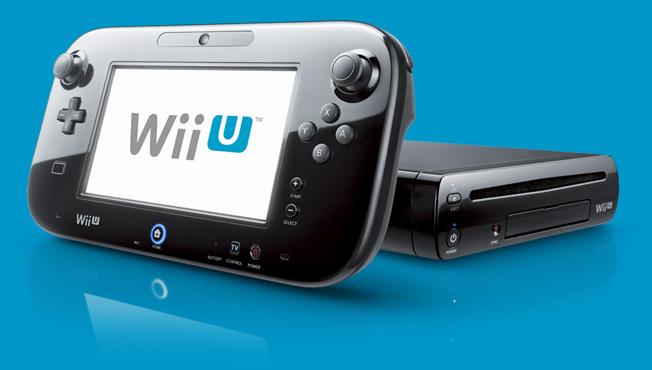
An earth-shattering 7-1 slump at home may not be one of them, but Nintendo has several other reasons why the struggling console manufacturer has decided to abort all its operations in Brazil. However, it may not necessarily be a 'Game Over' as far as its other Latin American operations are concerned.
The Japanese video-game and console manufacturer put forth the newest decision into action as early as Friday, and effectively stopped the direct sales of its games and consoles in Brazil. The company says the newest decision is directly corresponding to high import duties and that the business environment in Latin America's best economy is too "complex" for it to handle.
"The current model was unsustainable," Bill van Zyll, the company's general manager in Latin America, said in a statement. "Nintendo is not giving up on Brazil but halting sales while it ponders its next step in the country," he added. Because of the high Brazilian import taxes, costs and prices for Nintendo products in Brazil "did not make sense," van Zyll told local O Globo newspaper, as scripted by Market Watch.
"In response to ongoing developments in the Brazilian market, Nintendo of America Inc. today announced changes to the physical distribution of its products in that country," Nintendo said in a statement. "Starting in January 2015, Gaming do Brasil, a wholly-owned subsidiary of Juegos de Video Latinoamérica, GmbH, will no longer distribute Nintendo products in Brazil."
Gaming do Brasil has been distributing Nintendo-made products in the country for the last four years. Although it will no longer be selling Nintendo products in Brazil, parent company Juegos de Video Latinoamérica will still continue to be Nintendo's distributor for the rest of Latin America.
And there may be reasons why this has been a calculated decision from Nintendo. For example, the company's popular Super Smash Bros game was recently on sale at Americanas.com.br, one of Brazil's top e-retail sites, for as much as $74. "The same game is available stateside for about $60, nearly 20% less," the Market Watch report said.
Nintendo, however, says that Brazil still remains an important market. Nonetheless, the local business environment remains a challenge to it as it has made its distribution mode unsustainable.
"These challenges include high import duties that apply to our sector and our decision not to have a local manufacturing operation," Nintendo said, writes Gamespot, "We will continue to monitor the evolution of the business environment and evaluate how best to serve our Brazilian fans in the future."
However, that doesn't necessarily mean Nintendo's Brazilian fans won't get to experience the Japanese manufacturer's products ever again. They can either buy products such as the Wii U or 3DS from private importers or import hardware themselves, although that will come at a higher cost.















